In the quest for flawless skin, consumers worldwide turn to skincare products with the hope of achieving glowing, youthful complexions. However, not all skincare ingredients are created equal. Some substances found in beauty products have been linked to adverse health effects, leading to their ban in numerous countries. This article sheds light on seven skincare ingredients that are so detrimental to health, they’ve been banned or restricted across the globe. Let’s unveil these harmful components to ensure you make informed choices about the products you use on your skin.

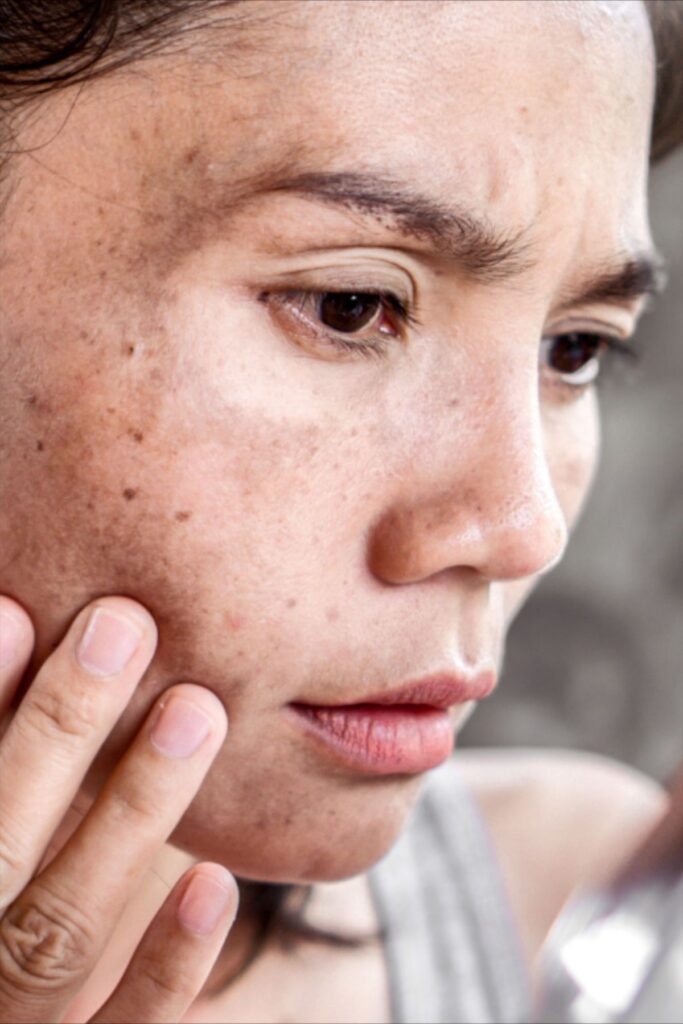
Hydroquinone
Hydroquinone is a skin-lightening agent used to treat hyperpigmentation and age spots. Despite its effectiveness, hydroquinone poses significant risks, including skin irritation, increased exposure to UV radiation, and potential carcinogenic effects. Due to these hazards, hydroquinone has been banned in countries like Japan, the European Union, and Australia. Consumers are advised to seek safer alternatives, such as vitamin C or licorice extract, for managing skin discoloration.
Mercury
Mercury, found in some skin creams and cosmetics, is used for its skin-lightening properties. However, mercury is highly toxic and can lead to skin irritation, allergic reactions, and even neurological and kidney damage with prolonged exposure. Recognizing the severe health risks, mercury has been banned in skincare products in the European Union, Canada, and many other regions. It’s crucial to check product labels and avoid any containing mercury or its derivatives.
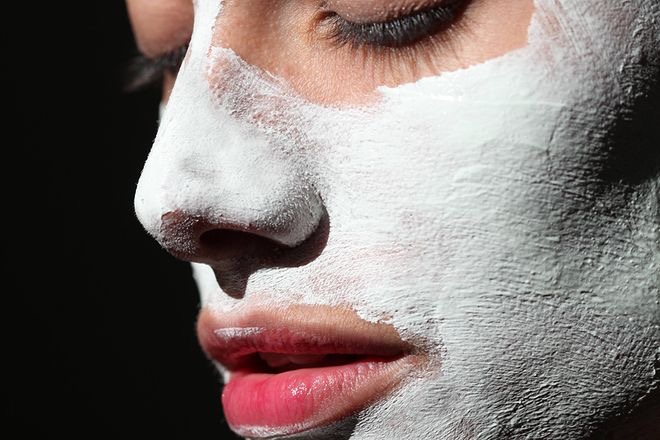
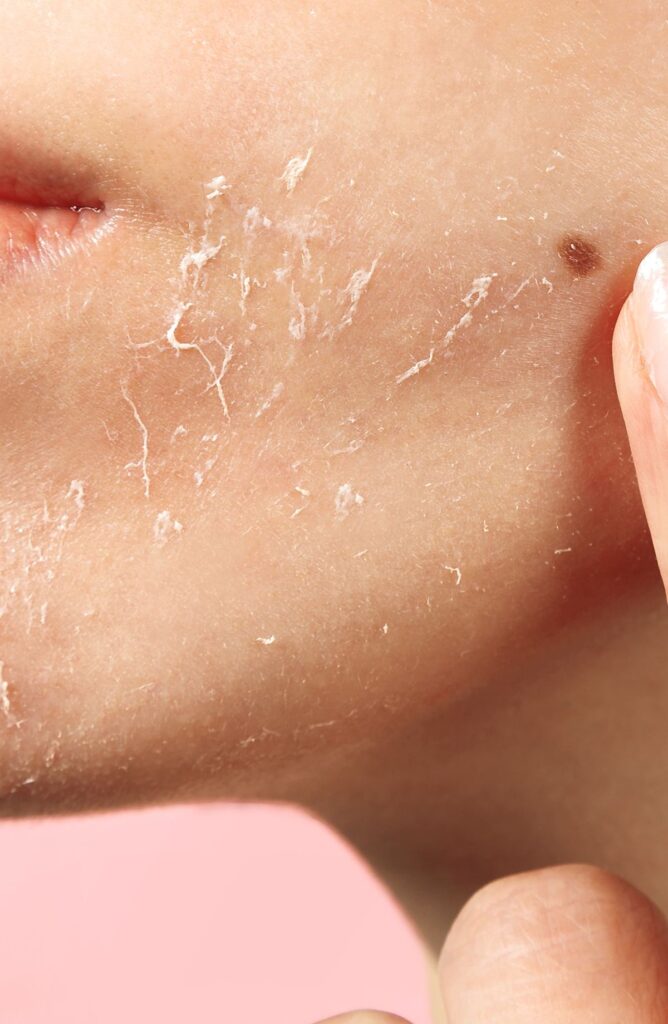
Parabens
Parabens are widely used as preservatives in cosmetics and skincare products to prevent the growth of bacteria and mold. However, studies have raised concerns about their potential estrogenic activity, which may contribute to breast cancer development and reproductive issues. As a precaution, the European Union has restricted the use of certain parabens in cosmetic products. Consumers looking to avoid parabens can look for products labeled as “paraben-free.”
Formaldehyde and Formaldehyde Releasers
Formaldehyde and chemicals that release formaldehyde over time are used in many skincare and cosmetic products as preservatives. Formaldehyde is a known carcinogen that can also cause skin irritation and allergic reactions. Due to these risks, formaldehyde and its releasers have been banned or restricted in the European Union and Canada. Alternative preservative options include phenoxyethanol and ethylhexylglycerin, which are considered safer.
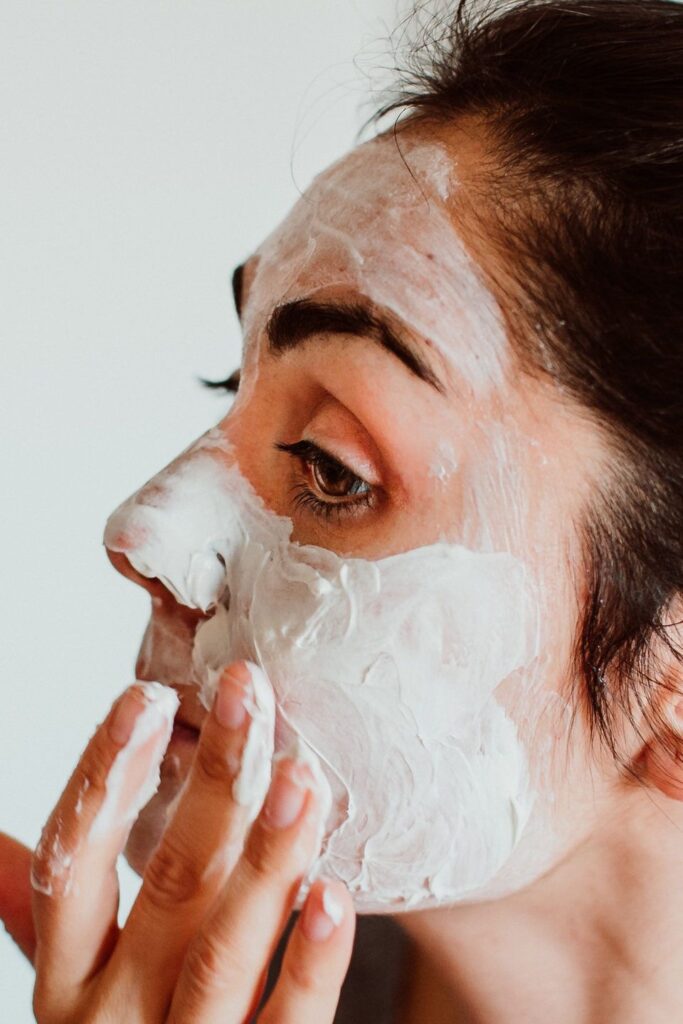
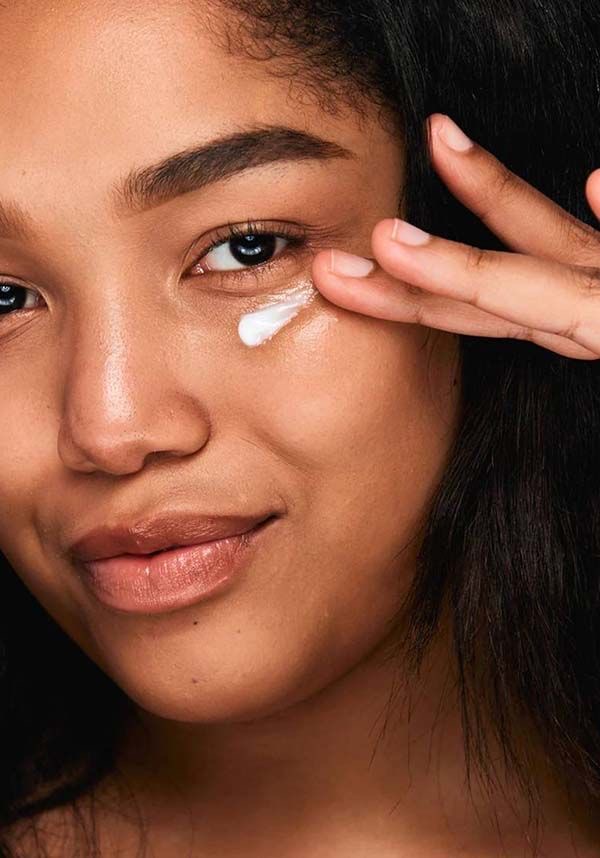
Oxybenzone
Oxybenzone is a common ingredient in sunscreen products due to its ability to absorb UV light. However, concerns have been raised about its potential hormone-disrupting effects and contribution to coral reef bleaching. As a result, oxybenzone has been banned in sunscreen products in places like Hawaii and Palau. Mineral sunscreens containing zinc oxide or titanium dioxide are recommended as safer alternatives.
Phthalates
Phthalates are used in a variety of cosmetics and skincare products to increase flexibility and durability. However, they have been linked to hormonal imbalances, reproductive issues, and an increased risk of birth defects. The European Union has banned certain phthalates in cosmetic products, and consumers are advised to opt for phthalate-free products, especially for items like nail polish and fragrances
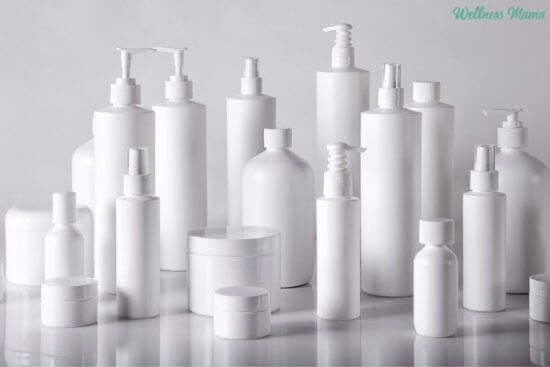
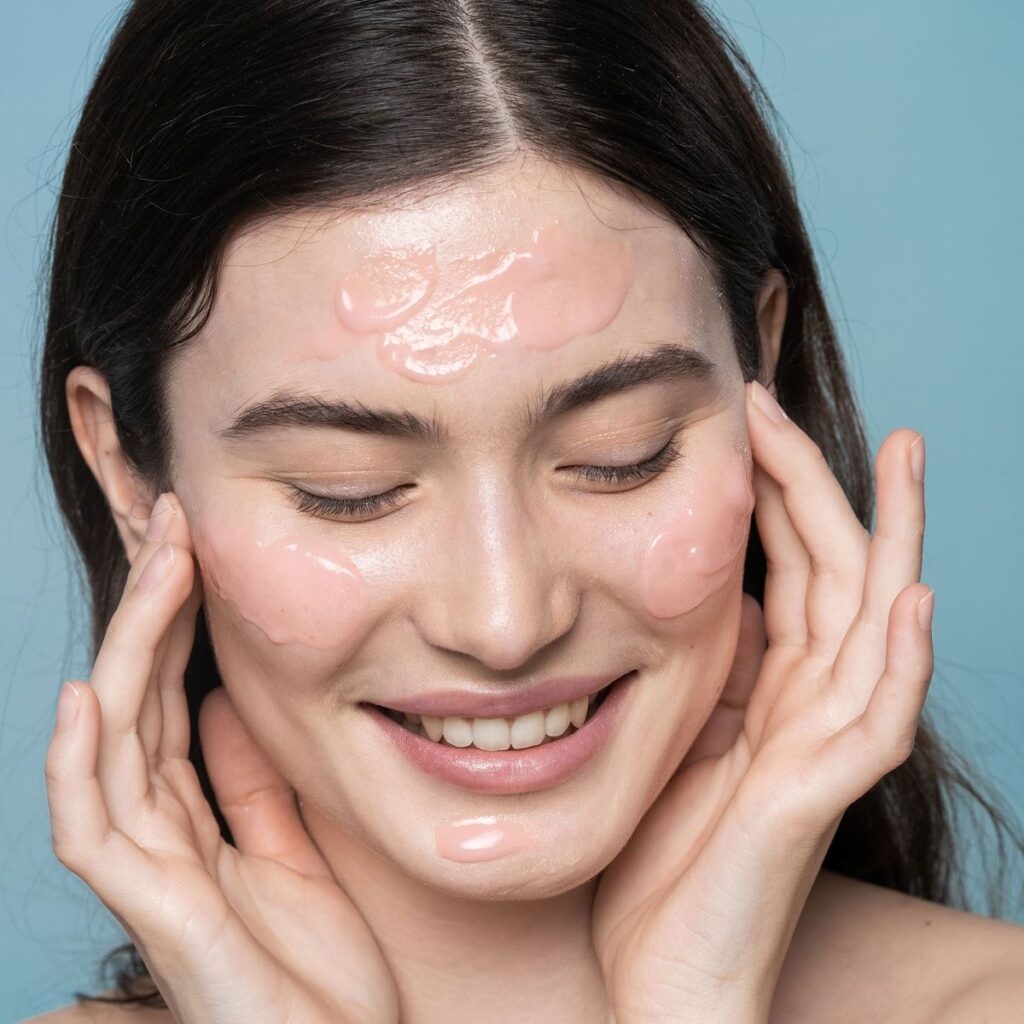
Triclosan
Triclosan is an antibacterial agent found in soaps, hand sanitizers, and some acne treatments. While effective against bacteria, triclosan has been associated with antibiotic resistance and hormonal disruptions. Due to these concerns, triclosan has been banned in over-the-counter antiseptic products in the United States and restricted in the European Union. Products labeled as “triclosan-free” or natural antibacterial alternatives, such as tea tree oil, are safer choices.
Make Informed Choices
In the ever-evolving landscape of skincare and beauty, staying informed about the ingredients in your products is crucial. By avoiding these harmful substances, you can protect your health while still achieving your skincare goals. Always read labels carefully, opt for products from reputable brands, and consider natural or organic alternatives where possible. Your skin, and your health, will thank you for it.







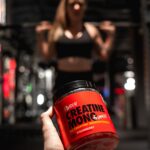








Leave a comment